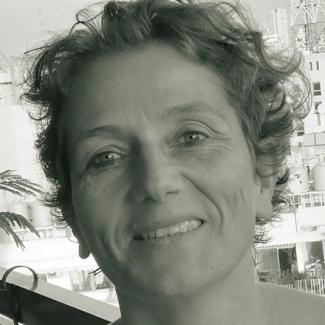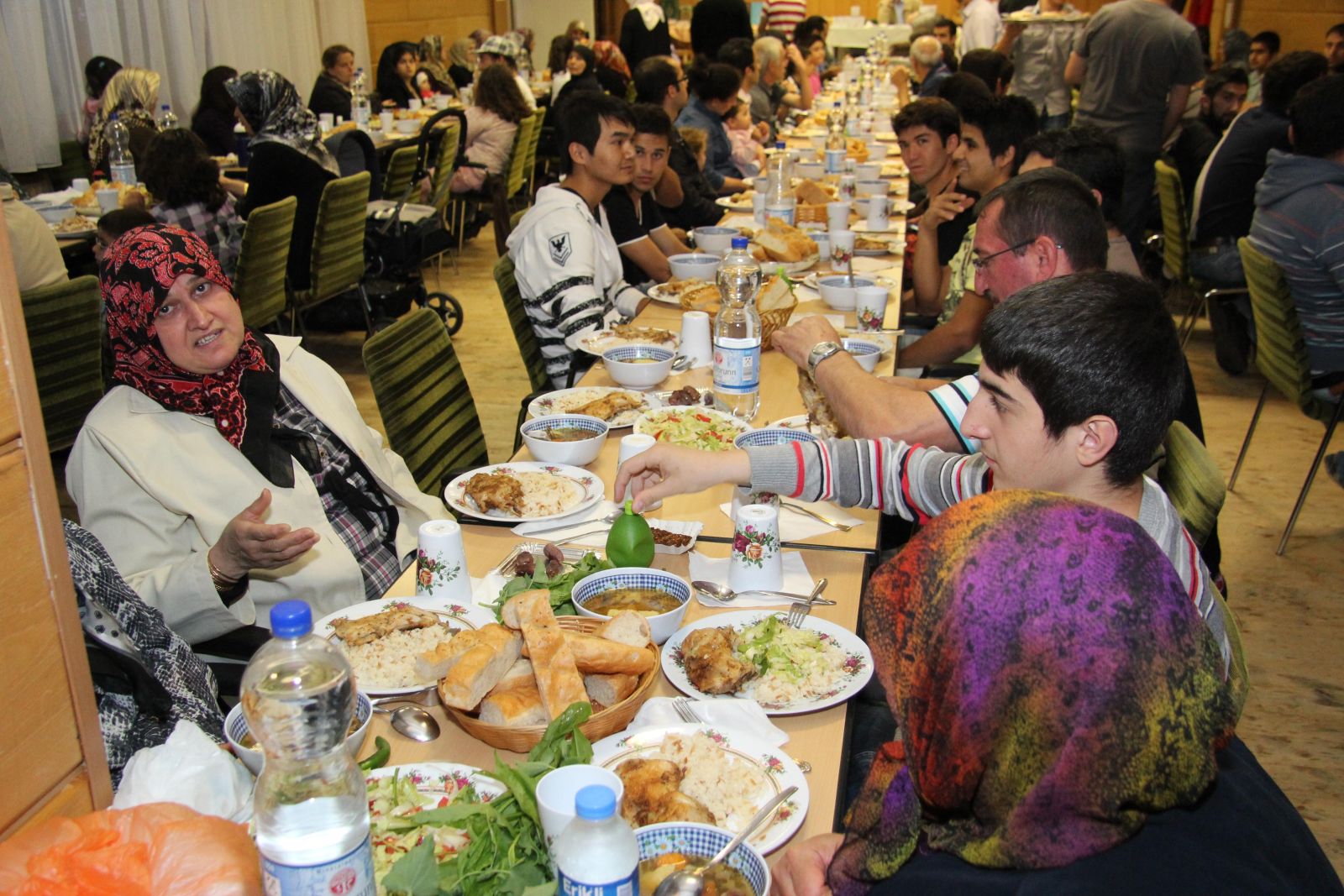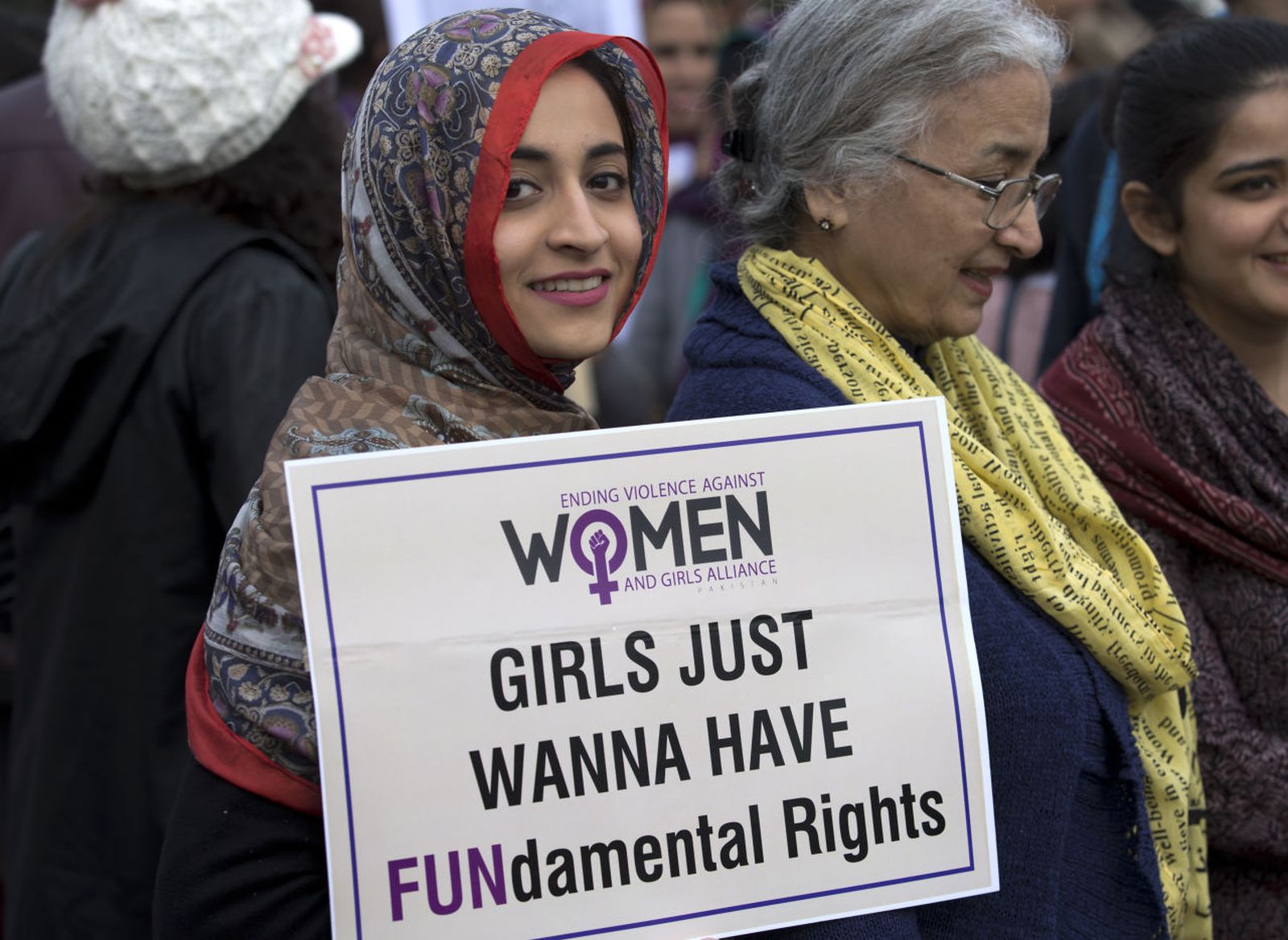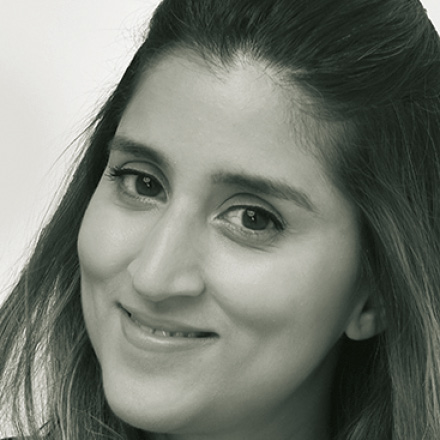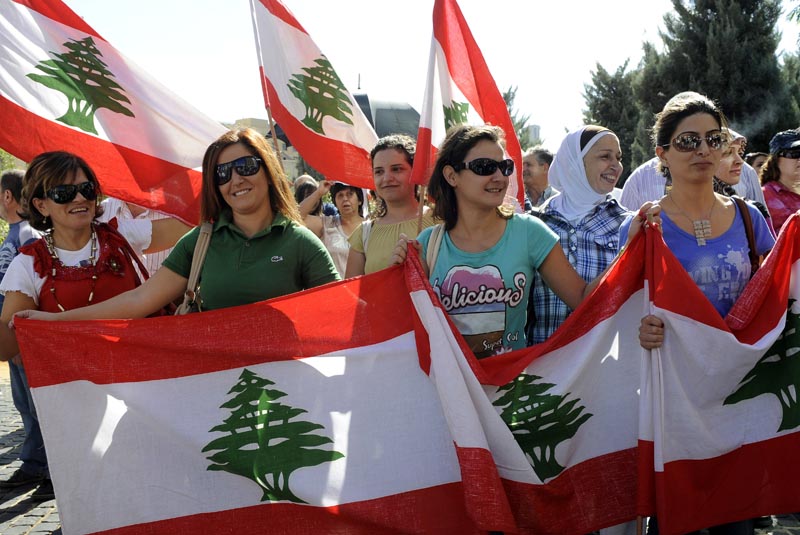Lebanon
Faith-based parliament
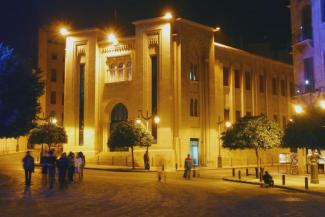
Since gaining independence from France in 1943, Lebanon has been a parliamentary democracy with strong confessional characteristics.
Parliament seats are allocated in proportion to the religious communities’ share of the general population, but the census was taken in the beginning of the twentieth century. Half the seats go to Muslims and the other half to Christians. Moreover, the system dictates that the president has to be a Maronite Christian, the prime minister a Sunni Muslim and the speaker of parliament a Shia Muslim.
The coexistence of Lebanon’s different religious communities is based on this distribution of power. However, the system has repeatedly proven extremely fragile in the past. It now looks overwhelmed by the war in neighbouring Syria and the role Lebanese parties are playing in the conflict.
The situation in Lebanon is quite confusing:
- Lebanese Shia parties support the Syrian regime. The Shia Hezbollah, an Iranian ally, is engaging militarily on the side of the Syrian army which is loyal to President Bashar Al-Assad. Hezbollah is a vital source of support for Assad.
- Sunni forces – allies of Saudi Arabia – are close to the Syrian opposition. Radical Sunni groups, who are a minority among Lebanese Sunnis, are campaigning to take on the regime in Damascus.
- Some Christian parties have sided with Hezbollah, others with the Sunnis. Many Lebanese sympathise with one or another of the parties to the conflict in their neighbouring country to the east, and Lebanese society is divided over the issue. (mn)
